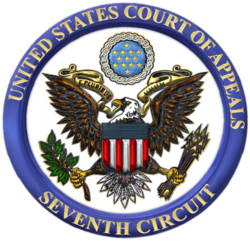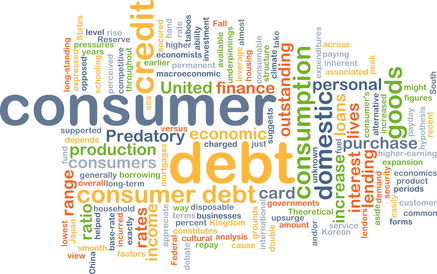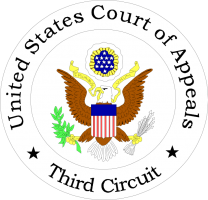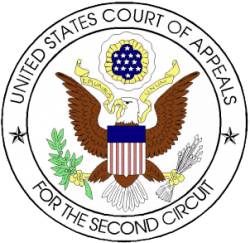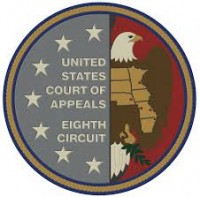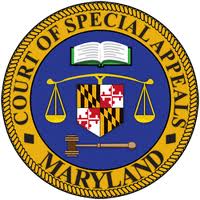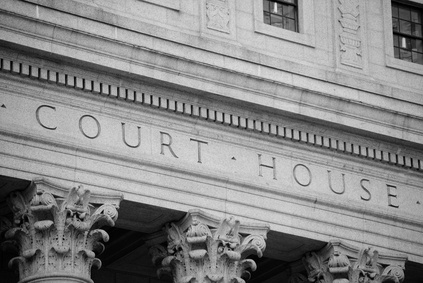The U.S. Court of Appeals for the Seventh Circuit recently affirmed summary judgment in favor of a debt collector, holding among other things that the “FDCPA is not an enforcement mechanism for matters governed elsewhere by state and federal law.” A copy of the opinion is available at: Link to Opinion. The plaintiff failed to pay his credit card and a law firm specializing in debt collection sued to collect the balance in state court. In response to the creditor’s motion for summary judgment, the card holder invoked the arbitration provision in the credit card agreement. The state court denied…
Posts published in “FDCPA”
Fair Debt Collection Practices Act
The U.S. Court of Appeals for the Eleventh Circuit recently confirmed that an entity is not a “debt collector” under the federal Fair Debt Collection Practices Act, where it does not regularly collect on debts owed to a third party, and debt collection is not the principal purpose of the entity’s business, even when the debt was in default at the time the entity acquired it. A copy of the opinion is available at: Link to Opinion. A lender sued a borrower to collect credit card debt. The parties entered into a settlement agreement, but the borrower failed to pay…
The U.S. Court of Appeals for the Second Circuit recently denied the defendant debt buyer’s petition for panel rehearing, or, in the alternative, for rehearing en banc, as to its ruling (discussed here) that federal National Bank Act preemption applicable to the loan originator does not allow a non-bank debt buyer to charge interest in excess of state usury limits. In so ruling, the Second Circuit noted that, “[a]lthough it is possible that usury laws might decrease the amount a national bank could charge for its consumer debt in certain states (i.e., those with firm usury limits, like New York),…
The U.S. Court of Appeals for the Third Circuit recently held, in a matter of first impression among all of the Courts of Appeals, that a debt collector bears the burden of proving that a communication with a third party falls within the exception for location information contained in subsection 1692b of the federal Fair Debt Collection Practices Act (FDCPA). A copy of the opinion is available at: Link to Opinion. In 2005, a borrower obtained a loan in the amount of $43,300 secured by a mortgage. The mortgage went into default in 2011. The borrower called the mortgage servicer…
The U.S. Court of Appeals for the Second Circuit recently reversed the dismissal of a consumer’s claim alleging that a mortgage loan servicer violated the federal Fair Debt Collection Practices Act by sending a servicing transfer notice that did not contain the disclosures required under the FDCPA, 15 U.S.C. 1692g. A copy of the opinion is available at: Link to Opinion. The borrower argued that the defendant mortgage servicer violated the FDCPA by sending him two written communications: (1) a RESPA transfer of servicing notice, informing the borrower that the mortgage servicer had become the servicer for the borrower’s mortgage…
Furnishing information during and after a consumer bankruptcy is a complex task, and implicates the Bankruptcy Code, Fair Credit Reporting Act and Fair Debt Collection Practices Act. Recent litigation suggests that both the content and the timing of the furnished information poses unique risk to the credit and collections industry. And a recent string of lawsuits is raising the stakes on information furnished prior to bankruptcy. On Aug. 19 at 2 p.m. Eastern, we will offer our take on the top issues coming out of recent decisions and what you can do to contain risk and enhance your credit reporting…
The U.S. Court of Appeals for the Third Circuit recently held that a false statement in a communication from a debt collector must be “material” to be actionable under the FDCPA. In so ruling, the Court found that materiality was a part of the “least sophisticated debtor” analysis. A copy of the opinion is available at: Link to Opinion. In that case, a debt collector had purchased credit-card debt from the original lender. That debt collector then hired a law firm to help collect the debt. The law firm then filed suit to collect the debt. In that underlying case, the law…
The United States Bankruptcy Appellate Panel for the Eighth Circuit recently held that filing a proof of claim on a time-barred debt is not, alone, a prohibited debt collection practice under the federal Fair Debt Collection Practices Act. A copy of the opinion is available at: Link to Opinion. Husband and wife debtors filed a Chapter 13 bankruptcy petition. A medical services provider filed a proof of claim shortly thereafter. After their Chapter 13 plan was confirmed, the debtors filed an adversary proceeding against the medical services provider for damages under the FDCPA, arguing that because the debt was time…
A QR code visible on the face of an envelope embedded with an account number violates the Fair Debt Collection Practices Act, according to a recent decision from the United States District Court for the Middle District of Pennsylvania. A QR or “Quick Response” code is a type of bar code that can contain any sort of information. But the information is not visible, instead the QR code looks more like a jumble of black and white lines or boxes. You can’t do much with a QR code unless you have a device that can read the code. QR Codes…
The U.S. Court of Appeals for the Eleventh Circuit recently affirmed the dismissal of a borrower’s allegations under the federal Fair Debt Collection Practices Act and the Florida Consumer Collection Practices Act as to one letter, the purpose of which was to request additional information, but reversed as to two other letters, holding that they were sent in connection with the collection of a debt. A copy of the opinion is available at: Link to Opinion. The plaintiff’s mortgage loan went into default and the law firm representing the lender sent the borrower three letters. Two weeks later, the borrower…
The Maryland Court of Special Appeals recently held that a borrower could not maintain a lawsuit asserting federal Fair Debt Collection Practices Act and other related state-law claims because those claims were barred by collateral estoppel due to litigation in a prior collection action. In so ruling, the Court held that the doctrine of res judicata did not necessarily bar the borrower from narrowly attacking the means used to collect the debt under the FDCPA and state law, rather than attacking the validity of the debt itself, because the FDCPA and related state-law allegations gave rise to new and different…
The Eleventh Circuit Court of Appeals recently handed down a decision that went too far in holding that all litigation related activity is subject to the FDCPA. The decision in Miljkovic v. Shafritz & Dinkin, P.A., et al., is available here. In pursuing their client’s judgment, an attorney and law firm obtained a garnishment against Nedzad Miljkovic. Miljkovic filed a claim for exemption in response, which the creditor, through its attorneys, disputed in a sworn reply. However, the writ was eventually dissolved on the creditor’s attorney’s motion after Miljkovic provided discovery showing that his wages were exempt from garnishment under section 222.11(2), Florida Statutes. Miljkovic Sues…

